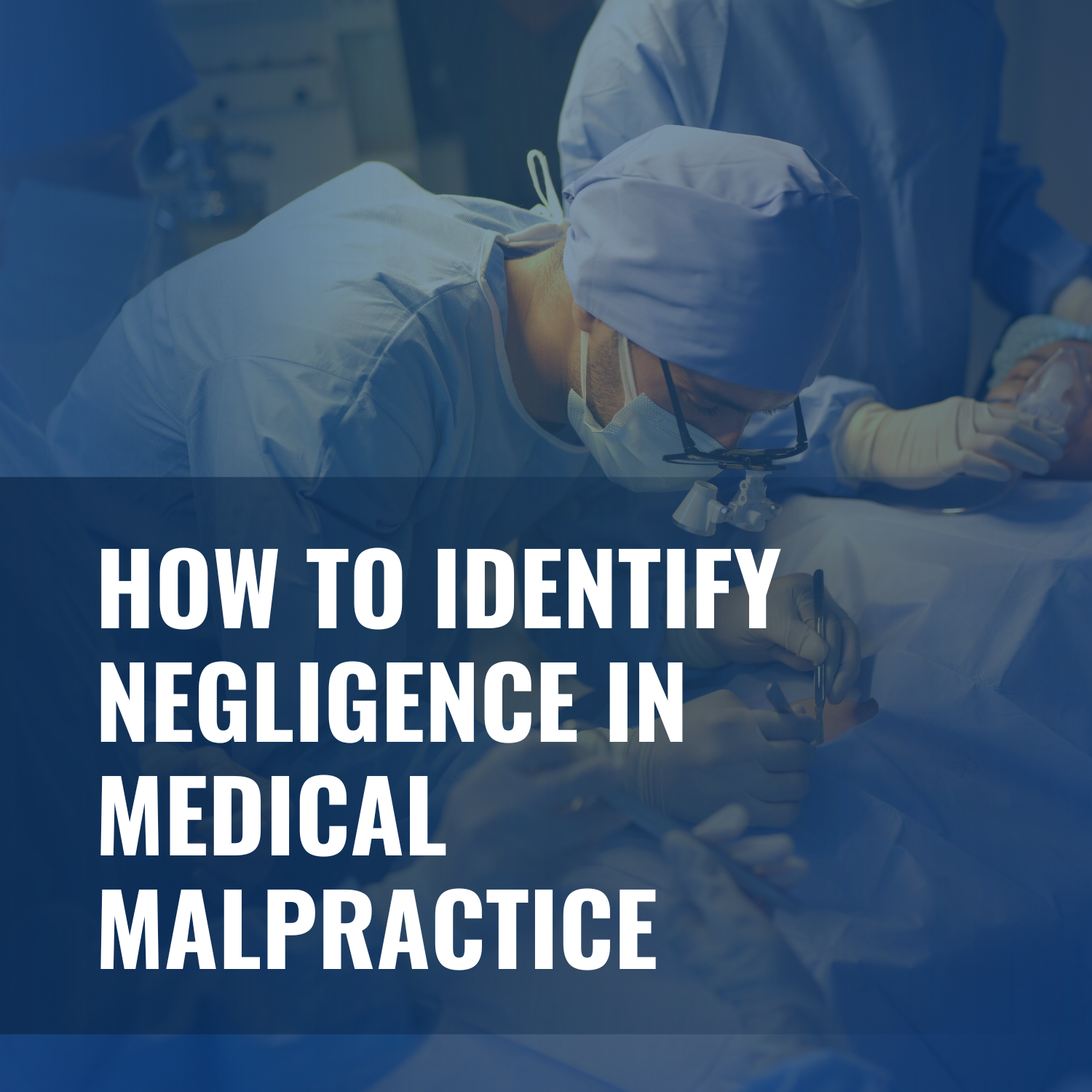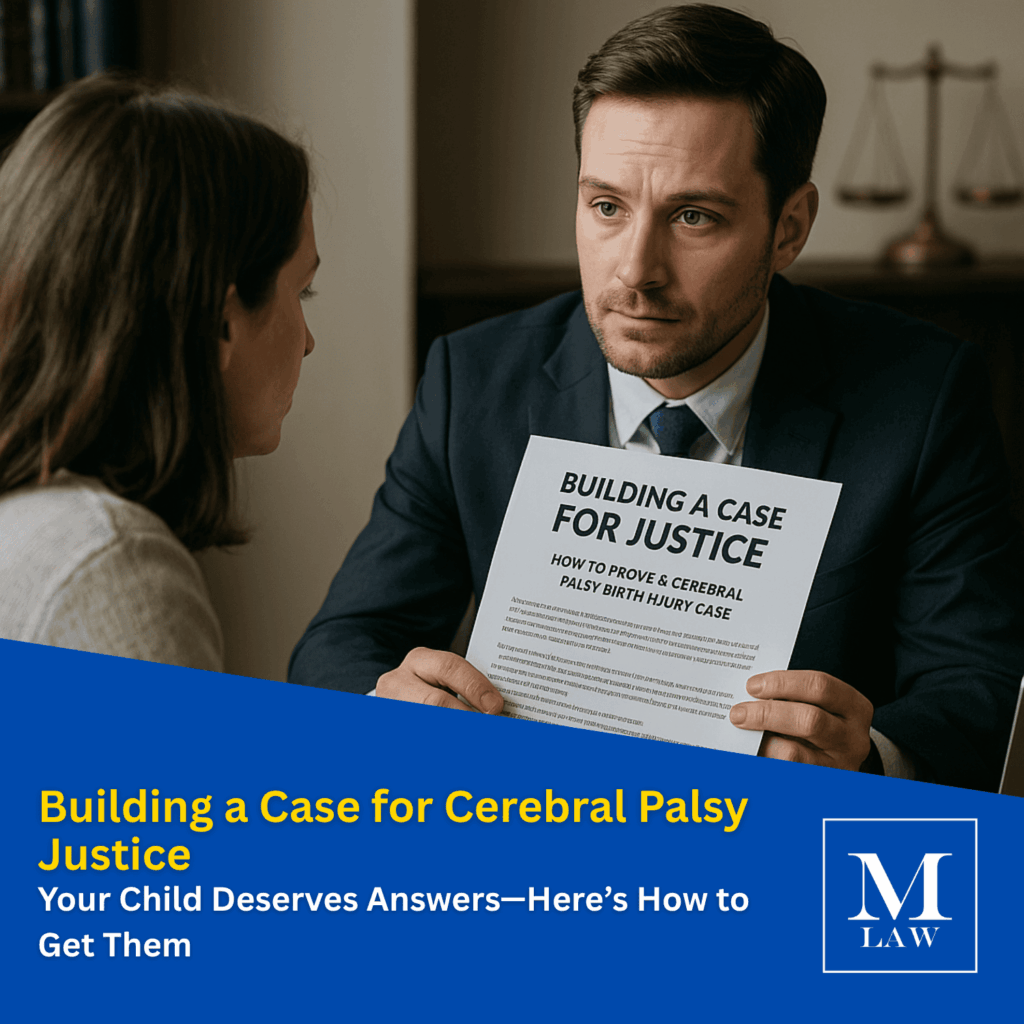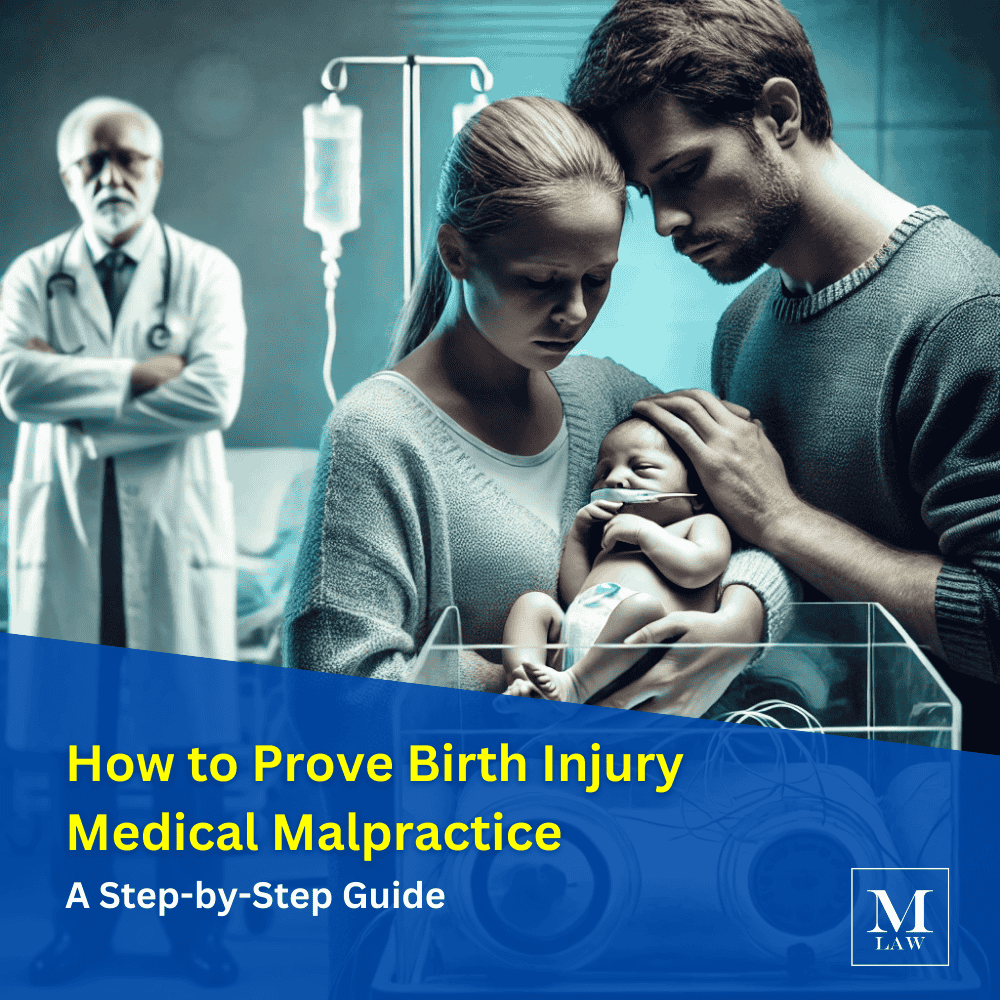Medical malpractice is more common than many realize, and identifying negligence in medical care can be daunting for victims. Understanding the signs of medical malpractice and the steps needed to prove negligence is crucial in protecting your rights. At Merson Law, we help victims navigate these challenging situations, ensuring they receive justice and compensation.
In this guide, we’ll discuss:
- What constitutes medical negligence
- Common examples of medical malpractice
- How to identify negligence in your care
- Steps to take if you suspect malpractice
What Is Medical Negligence?
Medical negligence occurs when a healthcare provider deviates from the accepted standard of care, causing harm to a patient. The standard of care refers to the level of skill, attention, and diligence expected from a competent healthcare provider under similar circumstances.
When negligence results in an injury or worsened condition, it may qualify as medical malpractice, which opens the door for legal action.
Common Examples of Medical Malpractice
Identifying negligence often begins by understanding the common types of medical errors. Some examples include:
- Failure to Diagnose or Misdiagnosis: When a doctor fails to identify a medical condition correctly, leading to delayed or incorrect treatment.
- Surgical Errors: Performing the wrong procedure, operating on the wrong body part, or leaving surgical tools inside the patient.
- Medication Errors: Prescribing incorrect dosages or the wrong medication altogether.
- Neglecting Patient History: Disregarding critical patient information, such as allergies or existing conditions.
- Lack of Proper Testing: Failing to order appropriate diagnostic tests to confirm a diagnosis.
Each of these instances can have devastating consequences for patients, including severe injury, emotional distress, or even death.
How to Identify Negligence in Your Medical Care
Recognizing medical negligence involves careful evaluation of your experience with the healthcare provider. Here are the steps to identify if negligence occurred:
1. Evaluate the Doctor-Patient Relationship
To hold a provider accountable, a formal doctor-patient relationship must exist. If you sought care and they agreed to treat you, this relationship is established.
2. Assess the Standard of Care Provided
Ask yourself:
- Did the healthcare provider act as other competent professionals would in a similar situation?
- Were mistakes avoidable?
If their actions fall short of what’s expected, it may indicate negligence.
3. Examine the Outcome of Care
Was your condition worsened or caused by the treatment? Clear links between the provider’s negligence and your injury are critical to proving malpractice.
4. Look for Evidence of Damages
Negligence must result in measurable harm, such as:
- Additional medical expenses
- Pain and suffering
- Lost wages or reduced earning capacity
Proving Medical Negligence: The Four Key Elements
To file a successful medical malpractice claim, you must prove these four elements:
- Doctor-Patient Relationship: You must show that the provider agreed to treat you.
- Breach of Standard of Care: Evidence that the provider failed to meet accepted standards.
- Causation: Proof that the provider’s actions caused your injury.
- Damages: Demonstrating the financial, physical, or emotional harm you suffered.
Steps to Take If You Suspect Medical Malpractice
If you believe you’ve been a victim of medical negligence, take these steps immediately:
- Request Your Medical Records: Obtain detailed records of your treatment.
- Document the Harm: Take photos of injuries and keep a journal of your symptoms and experiences.
- Consult a Medical Malpractice Attorney: A skilled lawyer can evaluate your case and help you gather evidence.
- File a Complaint: Report the provider to your state’s medical board.
Time is critical due to statutes of limitations for medical malpractice claims, which vary by state.
Why Choose Merson Law?
At Merson Law, we have extensive experience handling complex medical malpractice cases. We work tirelessly to hold negligent providers accountable and secure compensation for our clients. From understanding the standard of care to gathering expert testimony, we’re here to guide you every step of the way.
Common Questions About Medical Negligence
1. How Do I Know if My Doctor Was Negligent?
You may suspect negligence if your treatment caused unexpected harm or worsened your condition. Consult with a medical malpractice attorney to review your case.
2. What Compensation Can I Receive?
Victims of medical negligence can seek damages for:
- Medical expenses (past and future)
- Pain and suffering
- Loss of income
- Emotional distress
3. Is There a Time Limit to File a Claim?
Yes, each state has a statute of limitations for medical malpractice claims. Act promptly to ensure your right to file a lawsuit is preserved.
Contact Merson Law for Expert Guidance
Think you’ve been a victim of medical negligence? Don’t navigate this complex process alone. Merson Law is here to provide expert legal representation and fight for the justice you deserve.
Call us today for a free consultation and take the first step toward reclaiming your rights.








